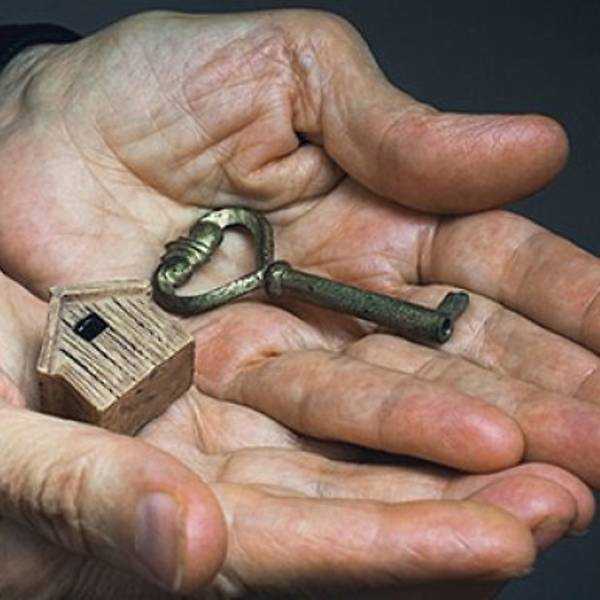Estate Planning: What you need to know to preserve your assets
23 March, 2019

What is estate planning? It is the preparation of tasks that serve to manage an individual’s asset based on the event of their death or incapacitation. The planning includes the settlement of estate taxes and the bequest of assets to heirs. It also factors in strategies to properly plan for retirement and legacy-making. Most estate plans are set up with the help of a lawyer experienced in estate law.
Estate Planning can be broadly categorised into three components:
1. ESTATE CREATION
There are two groups of people, each with different needs:
GROUP 1: INDIVIDUALS WHO HAVE AMASSED SIZEABLE ASSETS
The goal of this group of individuals with many assets is to manage their money and assets to get a better yield, without compromising their nest egg.
GROUP 2: INDIVIDUALS WHO DO NOT HAVE SIZEABLE ASSETS
This group includes individuals who have few assets except maybe a house, and are likely to be saddled with mortgages (car loans, bank loans or business loans).
Estate creation is vital to protect the [individual’s] family’s capacity to remain financially independent, in the event of their untimely death or them becoming incapacitated.
2. ESTATE PRESERVATION
Estate preservation is a process which reduces leakages in the estate when the person is deceased.
Probate fees (those with wills), administration fees (those without wills), hospital costs, hospice care and caregiver costs are some examples of minor leakages.
Examples of larger leakages include hefty medical bills that can shrink estate funds, investment products that may be frozen upon the holder’s death and properties collateralized with the bank that may be liquidated upon the demise of the individual, leaving the family with less than what the estate is worth.
3. ESTATE DISTRIBUTION
IMPORTANCE OF A WILL
Writing a will is the third and final step. This ensures that the efforts that have gone into estate creation and preservation will be realised after the individual’s passing.
Without a will, an estate will be distributed according to intestacy laws defaults (if you are married, half of your assets would go to your spouse and the remaining half be equally divided among your children) which might not be in line with your intention.
PICKING THE RIGHT EXECUTOR
A will allows the individual to select a trusted person to distribute the estate to ensure that all the beneficiaries would get a share of the estate. It is important that the individual chooses someone he/she can trust as executor because he/she will have the authority to dispose of the estate.
HAVE A LASTING POWER OF ATTORNEY (LPA)
The drafting of an LPA accords specific powers to selected Donees that would allow the Donee to continue your investments until such time where they have to be sold.
TAG(s):
